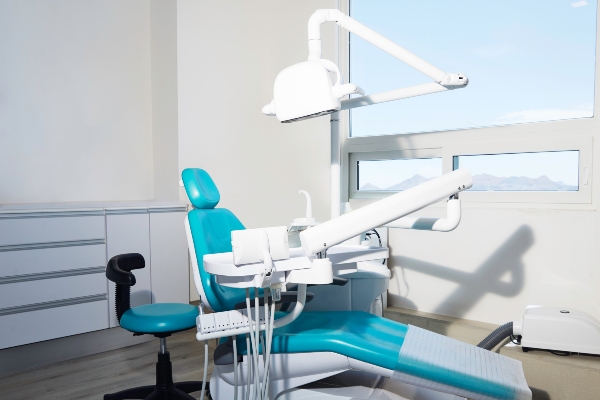Emergency Dental FAQ – Your Questions Answered
When you have a dental emergency, your quick actions can save your smile. You can prepare yourself for a dental emergency by knowing how to act in certain situations. Read this emergency dental FAQ to learn how to act when you experience dental trouble.
1. What Makes for an Emergency Dental Situation?
Anytime something goes wrong with your teeth, you may think the situation is an emergency. However, some situations require immediate dental care. Others are less urgent and can wait for a few days.An emergency dental situation is one with swelling, pain, and extreme discomfort. Likewise, any swelling of your gums or badly damaged teeth requires emergency care. If you can’t handle the pain, you need immediate dental help. Oral problems require the help of an
experienced dentist. If you choose to wait too long, there may be too much damage.If you have any questions about the urgency of your situation, you can call an emergency dentist. It’s better to be safe than sorry.
2. What Should You Do About a Chipped Tooth?
Whether you play a contact sport or you had an accident, a chipped tooth can be painful. However, you shouldn’t wait until there’s pain to see a dentist. Any chipped tooth requires dental care. If you have a chipped tooth, call your dentist and go in for an examination as soon as possible.A chipped tooth is dangerous because it could expose your roots to bacteria. When your inner tooth is exposed, you could develop tooth decay. The only way to know if your chipped tooth is a risk is to contact a dentist. He can help you determine what needs to be done to protect your teeth.
3. How Do You Handle a Lost Filling?
It is possible for your tooth filling to fall out. If this occurs, you need to see a dentist immediately. However, there are a few temporary fixes that can prevent damage until you can get to the dentist. Most grocery stores sell products that can protect your tooth. Look for a dental cement at your grocery or pharmacy and apply it. If you can’t find any, you can buy some sugar-free gum. Avoid using gum with sugar, or you may experience pain.You need to act quickly with a lost filling. If you leave the cavity exposed, the tooth could develop an infection. You may end up losing your tooth.
4. What Should You Do with a Knocked out Tooth?
There’s nothing quite as scary as a knocked out tooth. Because it can result in the complete loss of your tooth, the situation requires emergency dental work. You need to contact your emergency dentist as soon as possible. If you act quickly, he may be able to restore your tooth.Restoring your original tooth requires you to handle your tooth properly. If you damage the root too much, it becomes unusable. Prevent damage by touching the tooth as little as possible. If you have to handle it, hold it by the crown. Don’t attempt to scrub the tooth clean. Instead, you can rinse it with milk or water. Once your tooth is clean, you can try to put the root back in the tooth’s socket. However, be very careful. Forcing it in can do more damage than good. If it won’t go in easily, you can store the tooth in a cup of milk or water. When you bring it to the dentist, he can determine if the tooth is usable.
5. How Can You Reduce Swelling?
There are ways that you can reduce swelling in the jaw or gums. However, any oral swelling can be a sign of infection. The first thing that you should do is contact a dentist for help. If you have an infection, you need a dentist to assess the situation immediately. He might prescribe antibiotics, which could reduce the swelling and fight the infection.Although you might be tempted to handle the swelling alone, you should do so with caution. If you put heat on the swollen area, you could make the infection spread.
6. Should I Avoid Dental X-Rays?
Some emergency dental visits require dental X-Rays. Although many people worry about the dangers of X-Rays, they are quite safe. Dental X-Rays come with less risk than traditional ones. Additionally, your dentist will go through the necessary procedures to limit your exposure. If you’re pregnant or your child needs an X-Ray, your dentist could use a lead apron to limit your exposure.A dentist will only advise you to get an X-Ray if he believes that it is necessary. If there are too many risks, he won’t advise it. You should not worry about getting a
dental X-Ray. If anything, it may be the diagnostic tool that helps your dentist treat your dental emergency. Sometimes, it’s impossible for him to identify the problem without an X-Ray.

